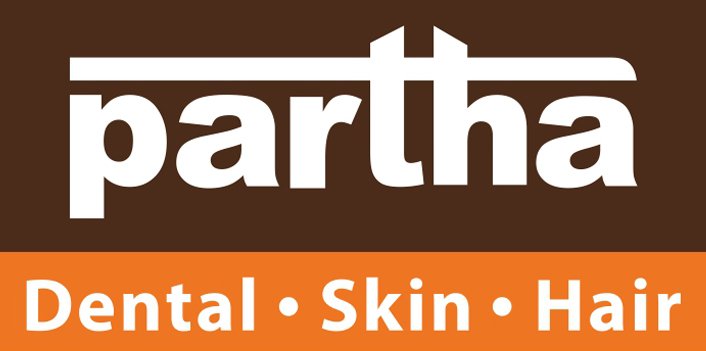Do you floss regularly?
It is most likely a question you are asked every time you visit the dentist. That’s because it’s crucial! Many people dislike the sensation of moving floss between their teeth and, as a result, they quit flossing. However, brushing your teeth isn’t always enough to remove plaque and prevent cavities.
- Flossing should be part of your daily routine because it helps you maintain a healthy smile by protecting your teeth and gums and protecting you from other diseases.
Why Is Flossing So Essential?
The truth is that no matter how well you brush your teeth or how much oral rinse you use, there will almost certainly be some food particles stuck between your teeth and under your gum line.
- If small food particles remain stuck between your teeth or in your gums, bacteria will grow and produce the acids that cause tooth decay. Plaque will build up on the surfaces of your teeth and harden into tartar. In short, leaving your teeth “partially clean” is bad.
- Flossing removes food particles stuck in those difficult-to-reach areas, leaving your mouth cleaner and helping to control bacteria growth and plaque buildup. Regular flossing keeps your teeth clean and your breath fresh, but that’s not all. Flossing is one of the most effective preventive measures we have in the fight against gum disease, which is a serious dental health condition that, if left untreated, can lead to other major health problems.
How to Floss Properly?
- Learning proper flossing technique is the single most effective way to improve the results you get as well as how comfortable it feels when you do it. In general, most complaints about flossing being uncomfortable are caused by using too much force, going too quickly, or holding the floss incorrectly.
1-Begin with a piece of floss about 16–22 inches long, with the majority wrapped around your two middle fingers and a 2 inch bridge of floss in between.
2-Pull the floss tight and grip it with your index fingers and thumbs at either end of the open length of floss.
3-Insert the floss between your two top middle incisor teeth using a firm but gentle back-and-forth motion. Technically, you can begin with any two teeth, but this starting point allows you to keep track of which teeth you’ve completed in a sequence.
4-Gently move the floss up and down the side surfaces of your teeth, taking care not to press the floss into your soft gum tissue.
- Flossing, like any other skill, is something we develop over time. The more we practice, the better we become. This means that every time you floss, you’ll improve your technique and find it easier and more comfortable.
Interdental Brushes : Fine-tipped interdental brushes are another option for cleaning between teeth and around the gumline. These are very effective at cleaning between teeth with larger gaps, and many people find them quite pleasant because they can be used to gently massage the gum areas around the base of the teeth.
- Flossing is an important part of keeping your mouth clean, strong, and healthy. We certainly hope that this information has helped you improve your flossing technique, which will help you get better results from your at-home oral care routine.
- We’re here to help answer any questions you may have, and look forward to arranging your next appointment.




